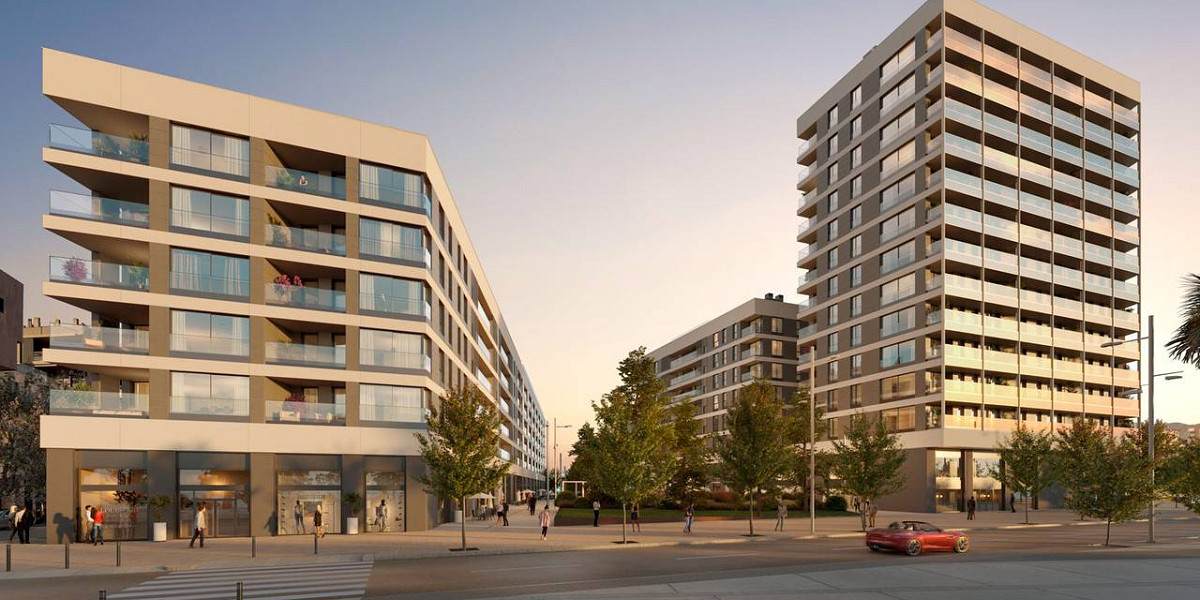Starting April 4, 2025, Spain will enforce an updated version of Article 795 of the Criminal Procedure Code. The reform aims to protect property owners from illegal occupation (okupación) and expedite the recovery of homes to rightful owners. Here’s how it works and what you need to know.
When Does the Law Apply?
The reform only covers cases where occupiers have no legal basis to reside in a property. This includes two main scenarios:
1. Home Invasion (allanamiento de morada) — e.g., when strangers occupy a primary residence or a secondary home (like a vacation property).
2. Property Usurpation (usurpación) — unauthorized occupation of non-residential buildings, such as abandoned warehouses, offices, or commercial spaces.
The law does not apply if there was a prior rental agreement (even if expired or terminated). For example, if a tenant stops paying rent or refuses to leave after the contract ends (inquiokupación), the dispute must be resolved through civil court — a slower and more complex process.
What’s Changed?
1. Faster Court Proceedings (juicio rápido):
- Cases are prioritized:
- 15 days — maximum time to start a hearing after filing a complaint.
- 3 days — deadline for a verdict after the hearing.
- Eviction is enforced immediately after the ruling, with no delays.
2. Social Factors No Longer Considered
Previously, courts considered occupiers’ circumstances (e.g., children, unemployment, financial hardship). Now, such factors do not mitigate penalties — occupation is treated as a criminal offense.
3. Police Intervention Within 48 Hours
If occupation is reported within two days, police can evict occupiers without a court order. After 48 hours, a judge’s ruling is required (due to constitutional protections of home inviolability).
4. Harsher Penalties for Violence or Criminal Intent
If occupation involves threats, property damage, or illegal activities (e.g., drug trafficking), perpetrators face:
- Heavy fines,
- Prison sentences (depending on severity).
What Should Property Owners Do?
1. Act Quickly — Contact police immediately to resolve the issue without court involvement.
2. Gather Documents:
- Escritura (property deed),
- IBI tax receipts,
- Rental agreement (if applicable and terminated).
3. File a Complaint with the court or police — eviction orders are prioritized.
Why This Matters
- Before, court cases dragged on for months, allowing occupiers to establish residency and complicate eviction.
- Now, the process takes up to 20 days, with stronger protections for property rights.
But remember: - For disputes with former tenants (inquiokupación), the law does not apply — civil court remains the only option.
- Documentation is key. Without proof of ownership, even expedited procedures will fail.
The reform responds to rising cases of illegal occupation and property owners’ complaints about systemic flaws. The law seeks to balance owner rights with constitutional protections, but its success hinges on owners’ prompt action.
At the first sign of occupation, do not confront occupiers yourself — it can be dangerous. Contact police and document the incident.
Information current as of April 2025. Consult a real estate lawyer for detailed guidance.

